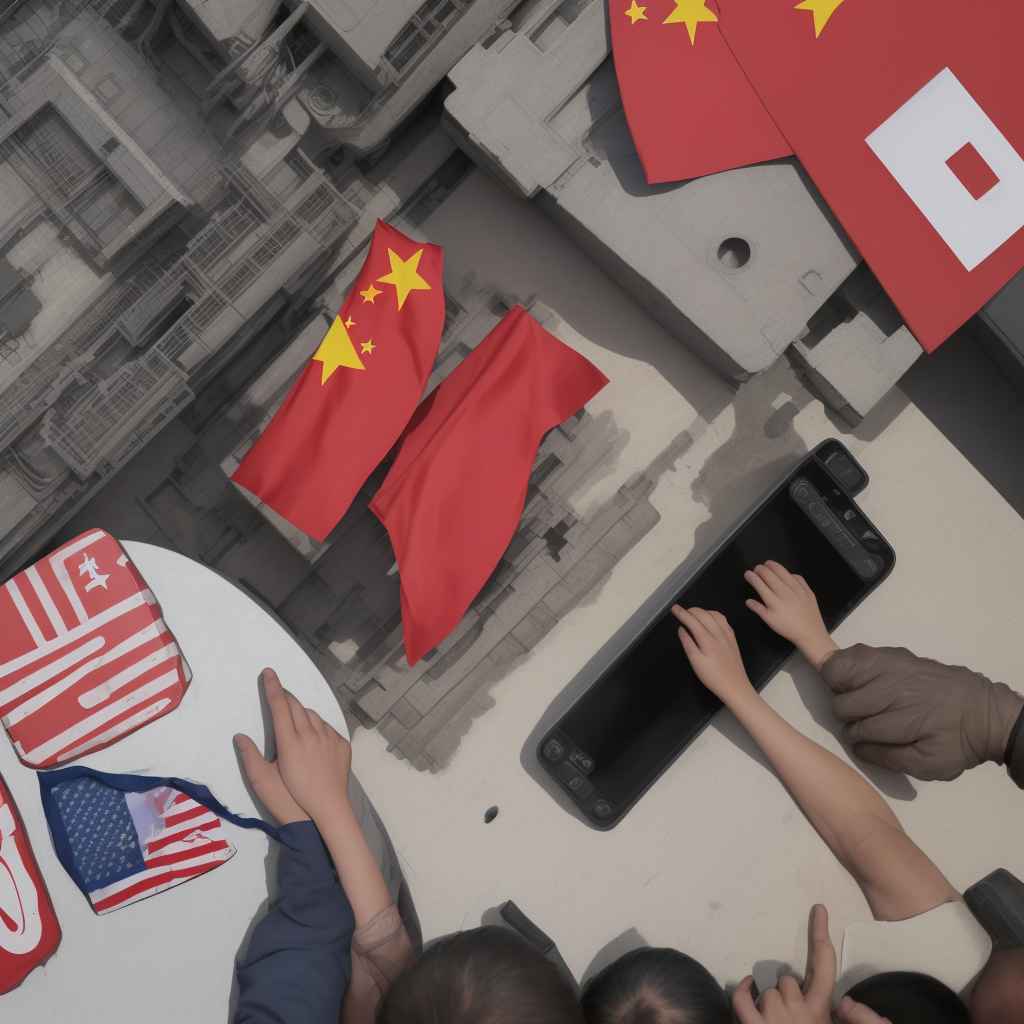
US Provokes Fury: Imposes 34% Tariff On Chinese Goods In Retaliation For Trade War Escalation
China Strikes Back: Slaps 34% Tariff on US Goods After Trump's "Liberation" Day
In a move that is being seen as a direct response to President Trump's recent "Liberation" Day speech, China has announced that it will be imposing a 34% tariff on all US goods entering the country.
The tariff, which is set to take effect on June 1, is a significant escalation in the ongoing trade war between the two nations. It comes just days after Trump delivered a speech in which he touted the benefits of his administration's economic policies and took a swipe at China, saying that the country was "trying to take advantage of us" on trade.
China's move is seen as a clear message that it will not back down in the face of Trump's tariffs, which have already had a significant impact on US exporters. The 34% tariff is a major increase from the 10% tariff that China had previously imposed on US goods, and it is expected to have a significant impact on US companies that rely heavily on Chinese markets.
The tariff is also seen as a blow to Trump's "America First" trade agenda, which has been marked by a series of tariffs and trade agreements that have been met with resistance from other countries. China's move is seen as a sign that other countries are willing to stand up to Trump's trade policies, and that the US may not have the upper hand in trade negotiations.
The tariff is also expected to have a significant impact on US consumers, who may see higher prices for goods such as electronics and furniture. The move is also seen as a sign that China is willing to engage in a long-term trade war with the US, rather than backing down in the face of Trump's tariffs.
In a statement, the Chinese government said that the tariff was necessary to protect the country's interests and to ensure that US companies do not take advantage of China's markets. The statement also accused the US of engaging in "unfair" trade practices and of trying to "bully" China into submission.
The move is seen as a major escalation in the trade war between the two nations, and it is expected to have significant implications for the global economy. The US and China have been engaged in a series of trade negotiations in recent months, but the talks have been stalled due to disagreements over issues such as tariffs and intellectual property protection.